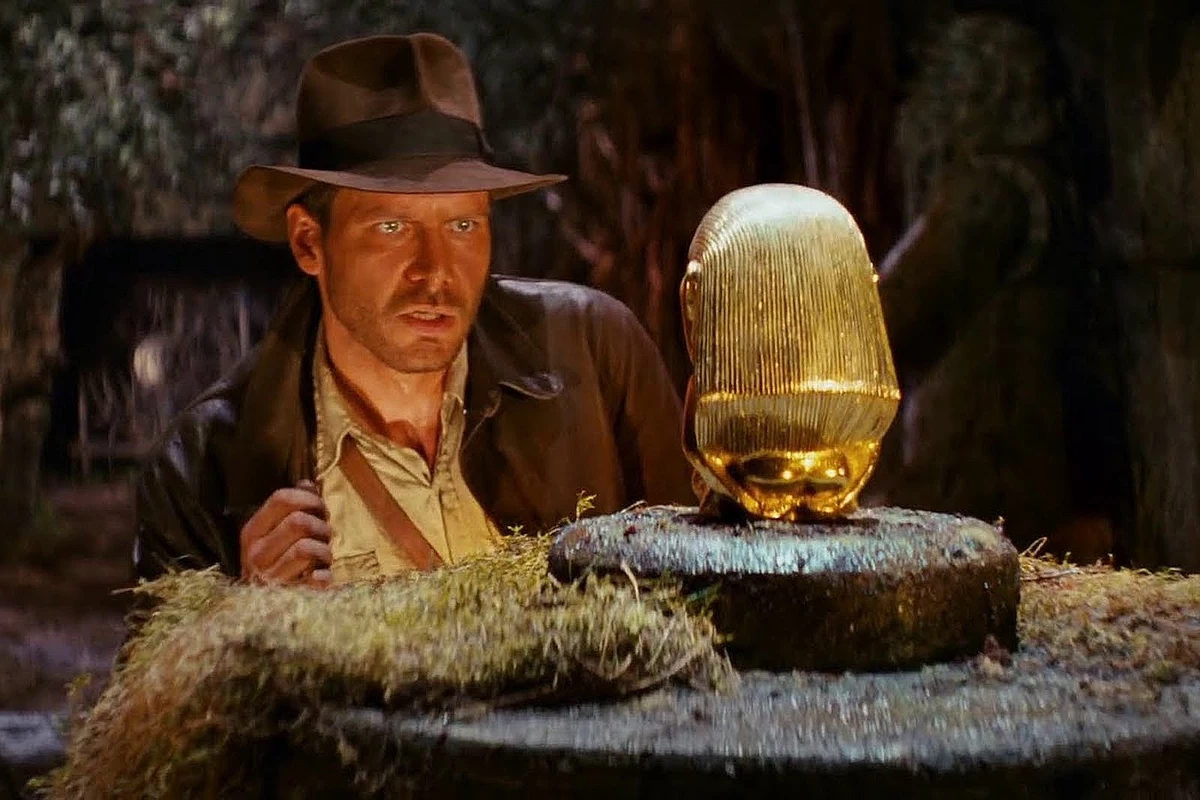Brussels is seeking to move ahead with a windfall levy on European electricity companies by setting a threshold at less than half the current market rates.
In draft proposals seen by the Financial Times, the European Commission recommends governments impose a levy on revenues generated by non-gas electricity producers when market prices exceed €200/MWh. The current spot price for electricity in Germany, the regional benchmark, is above €450/MWh. Excess revenues would be redistributed to help companies and households.
Wholesale electricity prices have rocketed because they are pegged to the price of gas, whether or not the power is produced from gas or other sources. Gas prices are roughly 10 times higher than they have been compared with averages over the past decade as a result of Russia’s supply cuts in response to western support for Ukraine.
European Commission president Ursula von der Leyen on Wednesday said producers of low-carbon energy — such as wind, solar and nuclear power — were making “enormous revenues, revenues they never calculated, revenues they never dreamt of and revenues they cannot invest as fast”.
These “unexpected profits” should be channelled to member states to support vulnerable consumers and businesses, she said.
The windfall tax is part of a set of five measures put to member states by Brussels on Wednesday in response to the widening energy crisis.
The commission’s other proposals include a mandatory reduction in peak electricity demand, a price cap on Russian gas, changes to collateral requirements for electricity companies and tweaks to state aid rules, to allow governments to bail out companies on the brink of collapse.
The proposed €200/MWh threshold for the windfall levy quickly drew criticism from Spain, a big generator of wind and solar power.
Teresa Ribera, Spain’s energy and environment minister, said: “It does not correspond to the real costs and does not help electrification and the deployment of renewables.”
An official paper outlining the options published on Wednesday did not give specific figures for the level of the windfall threshold, but a senior EU official said they would be set out after an emergency meeting of energy ministers on Friday. The preliminary draft suggested the cut to peak electricity use should be set at 5 per cent.
The Kremlin on Monday warned supplies through the critical Nord Stream 1 pipeline would be completely halted until western sanctions were lifted. Gas imports from Russia to the EU have fallen from about 40 per cent of the bloc’s total usage last year to about 9 per cent.
Henning Gloystein, director of energy and climate at Eurasia Group, said a €200/MWh limit on non-gas power generators was “sufficiently high to achieve the intended demand reduction in Europe this winter, while giving industry and small consumers at least some assurance that costs won’t spiral up further”.
Several EU diplomats and analysts said that a blanket threshold for all non-gas producers did not account for coal producers incurring much higher costs than wind or solar power generators. The use of coal in the EU has been rising to compensate for gas cuts.
Brussels has also set out a proposal for a “solidarity contribution” from fossil fuel producers that would be calculated at a national level from the energy majors’ profits.
The commission has been keen to avoid calling any of the proposed measures taxes. EU-wide tax legislation requires unanimous agreement between member states.
Diplomats from the EU’s 27 member states will discuss the proposals on Wednesday before the energy ministers’ meeting on Friday.
Von der Leyen said the EU faced “tough times and they are not over soon”, and that any measures taken should be implemented “as quickly as possible”.
EU capitals are generally in favour of plans to encourage reductions in demand as the fastest way to tackle the crisis but are split on how to address spiralling energy prices.
One senior EU diplomat said the commission’s plan had been “well met” by member states but that there were significant differences over the details. Several, including Poland, Greece and Italy, oppose a specific price cap on Russian gas, fearing Moscow will make further supply cuts.
Other nations such as Spain and Austria have called for a separation of gas and electricity markets — something the commission has said it is considering in the long term.
EU officials said the measures proposed on Wednesday would be for a limited time, to be agreed with EU capitals.


































































%20landscape.jpg)













